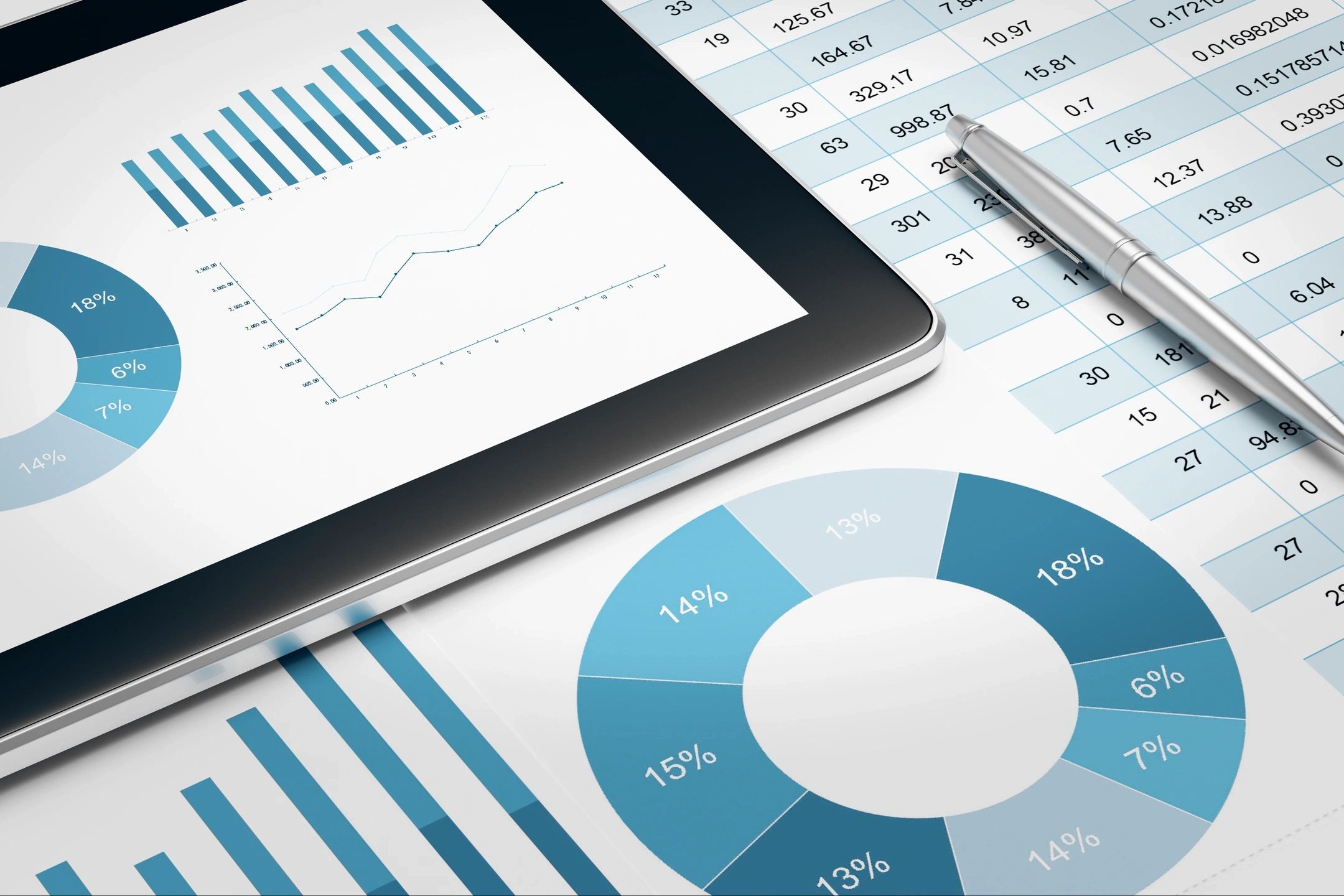The impact of economic trends on personal finances is profound and multifaceted, influencing everything from income stability to savings growth and debt management. Understanding these dynamics is crucial for individuals striving to achieve financial security and stability in an ever-changing economic landscape.
Overview of Economic Trends
Economic trends refer to the patterns and movements in key indicators that characterize the health and direction of a country’s economy. These trends are typically measured through indicators such as GDP growth, inflation rates, and employment figures, collectively reflecting the business cycles of expansion, peak, contraction, and trough. Each phase brings distinct implications for personal financial planning, affecting income, savings, investments, and overall cost of living adjustments.
Effects on Income
The state of the economy directly impacts personal income through various channels. During periods of economic growth, job opportunities expand, leading to potential wage increases and enhanced earning prospects. Conversely, economic downturns may result in job losses or stagnant wages as businesses tighten their budgets. Understanding these shifts allows individuals to anticipate changes in their income streams and adjust their financial plans accordingly, emphasizing the importance of maintaining skills and remaining adaptable in a competitive job market.
Influence on Savings and Investments
Economic trends heavily influence the returns on savings and investments. Central to this is the movement of interest rates set by central banks, affecting the cost of borrowing and the returns on savings accounts, bonds, and other fixed-income investments. Additionally, stock market performance fluctuates in response to economic indicators, impacting the value of equities and mutual funds. Strategic asset allocation and diversification become critical in navigating these fluctuations to optimize long-term investment growth while managing risk exposure.
Cost of Living Adjustments
Changes in economic trends directly impact the cost of living, influencing everyday expenses such as housing, utilities, and consumer goods. Inflation, measured by the Consumer Price Index (CPI), reflects the general increase in prices over time, eroding purchasing power and necessitating adjustments in budgeting and spending habits. Understanding these cost dynamics helps individuals mitigate financial strain and plan for potential increases in essential expenditures during economic upswings.
Debt Management
Effective debt management is essential during economic fluctuations. Lower interest rates may present opportunities for refinancing or consolidating debt to reduce overall financial obligations. Conversely, economic downturns may lead to tighter credit conditions, making it prudent to maintain a healthy credit score and explore debt consolidation options. Proactive debt management strategies ensure financial resilience and minimize the impact of economic uncertainties on personal financial health.
Strategies for Financial Planning
Adapting financial plans in response to economic forecasts is crucial for achieving long-term financial goals. Establishing and maintaining a robust budget helps prioritize expenses and build emergency funds to buffer against economic downturns. Diversifying investments across asset classes and geographical regions mitigates risk exposure and enhances portfolio resilience. Regular review and adjustment of financial plans based on evolving economic trends empower individuals to navigate volatility and capitalize on opportunities for financial growth and stability.
Conclusion
In conclusion, economic trends exert a significant influence on personal finances, shaping income levels, savings growth, debt management strategies, and the overall cost of living. By understanding these dynamics and implementing proactive financial planning strategies, individuals can effectively navigate economic fluctuations, enhance financial stability, and achieve their long-term financial objectives. Stay informed, stay adaptable, and stay financially secure amidst the ever-changing economic landscape.
Please like, comment, and share this article if you found it helpful and
informative.
Visit https://bigtownbulletin.com if you would like to see more of this content.
Please like, comment, and share this article if you found it helpful and
informative.
For more news check out Big Town Bulletin News
For more from Big Town Bulletin check out Big Town Bulletin


